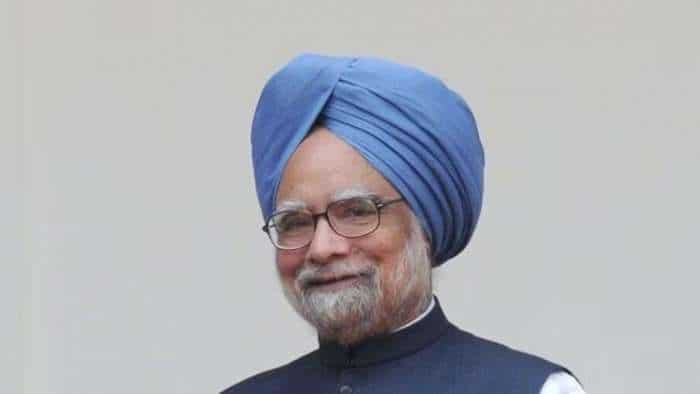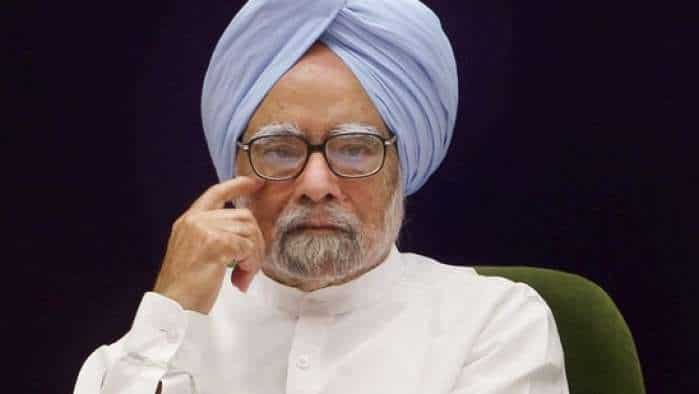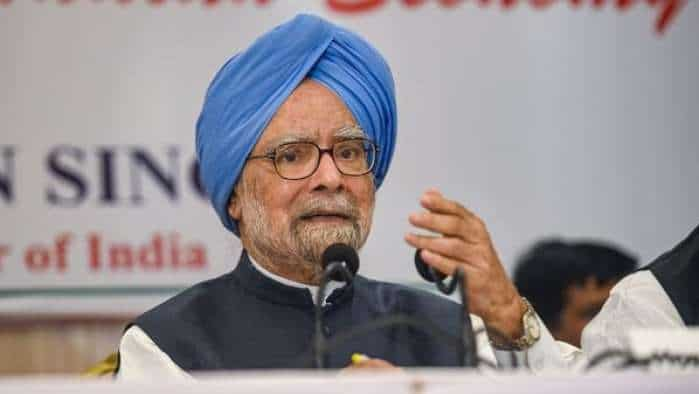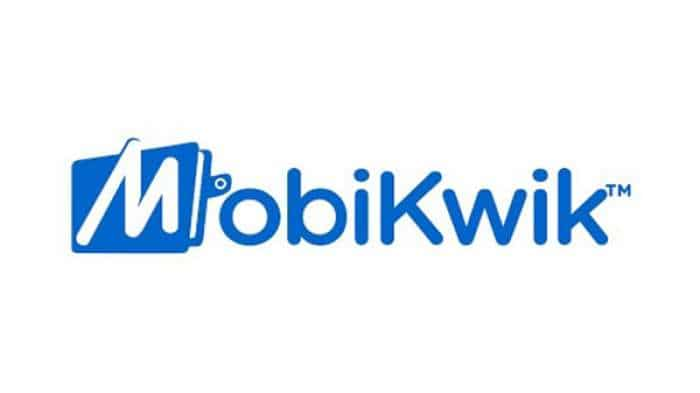Wealth Guide: Arm Yourself Against Non-Communicable Diseases: 6 things to keep in mind while buying health insurance
It may feel like overkill to discuss Non-Communicable Diseases (NCDs) when the world is still battling with the Covid pandemic, but it's important to remember that just because Covid is dominating the headlines, other illnesses have not stopped happening to people.

It may feel like overkill to discuss Non-Communicable Diseases (NCDs) when the world is still battling with the Covid pandemic, but it's important to remember that just because Covid is dominating the headlines, other illnesses have not stopped happening to people.
In fact, India's burden of NCDs is increasing - the same diseases we see the world over in populations over 55 years of age, are occurring in Indians at least a decade earlier.
There are many reasons for this - India is a vast country with an enormous population, which makes medical care a challenge: Staff at government hospitals are incredibly stretched and overworked, and constantly battle the clock to treat as many patients as possible.
This means that even when a doctor-patient interaction occurs, patient education isn't high on the list of priorities. Private healthcare, on the other hand, is expensive, and therefore, mostly avoided.
We spoke to Anuradha Sriram – Chief Actuarial Officer at Aditya Birla Health Insurance to decode the importance of health insurance and what are factors which one should consider:
Indians also tend to avoid going to hospitals because of the high incidents of infectious diseases. Going to the hospital for a cold might just result in you bringing home a more serious infection from someone you sat next to in the hospital waiting room.
Other forms of education, like awareness campaigns, face their own set of challenges. We speak over 19,500 languages and dialects, and while the literacy rate hovers around the 74% mark, this doesn't necessarily mean that most of us can read and comprehend complex communication.
Lack of awareness and medical facilities aside, there are also a number of cultural factors that are creating an uptick in the number of people affected by NCDs.
Urban Indians are more sedentary than ever before. We work longer hours, have long commutes, and our diets aren't great. We live in cities where we're exposed to higher environmental pollution, leading to higher rates of respiratory diseases.
We don't exercise enough - except in the first week of the new year, under the steam of our new year resolutions. Our lives are stressful, and it shows.
In absolute terms, cardiovascular diseases, respiratory diseases, and diabetes kill around 5.8 million Indians annually (as of 2017), and most of these deaths are premature, occurring among Indians aged 30–70 years.
Even if these numbers don't mean much, look around you - your social circle, colleagues and family members. How many people do you know who are overweight or diabetic or hypertensive or struggling with respiratory illnesses?
Now compare that with how many people you know who are in good shape, can climb stairs without getting out of breath, and don't take any regular medication. It's telling, isn't it?
A common misconception is that insurance doesn't cover pre-existing conditions. While that may be true in some cases where the condition is already severe, for most, insurance cover is still possible.
Your insurer will most likely ask you to get a medical check-up - this ensures fairness on both sides. Some insurers request a waiting period of 2-4 years for covering pre-existing conditions.
Some will charge higher premiums for the increased risk of a frequent or increased likelihood of claims. Most insurers also offer critical illness plans, top-up plans, and critical illness riders, allowing you to customize your insurance plan.
So, what do you need to keep in mind when buying health insurance for someone with chronic ailments? Here are top 6 points to consider -
1) The hospitalisation cover must be adequate to cover the average hospital stay for the pre-existing condition. Calculate this keeping in mind that medical inflation is at 18-20% at the moment. Don't just look at what such a hospital stay will cost now, but also, what it will cost in 20 years.
2) Compare waiting periods from different insurers, there's a lot of variation. Factor in your own health-certain diseases, when caught early, can be managed very well. So, if you're in a state of good health and can afford to wait a little more, it may work in your favour. By and large, the longer the waiting period, the lower the premium.
3) Go through the exclusions with a fine-tooth comb. It would be tragic to have adequate health cover, that doesn't cover your specific illness or a known complication of it.
4) Check the claim settlement ratio of the insurance company. You don't want an insurer who has a reputation for rejecting claims.
5) Opt for a plan that comes with lifetime renewability. You've put in the work and found a plan that works for you, so stick with it!
6) There are plans that provide incentives for staying fit and leading a healthy life while also including a holistic chronic management program that can perfectly compliment your cover. Check out for such tailored plans that can motivate you to manage your chronic conditions better.
Buying health insurance for someone with pre-existing conditions can be daunting, but it isn't impossible. Take your time, do your research, and if overwhelmed, get help from experts.
Chronic illnesses and ailments are hard enough, without the financial stresses they bring. By giving yourself the right insurance cover, you buy the peace of mind you need to focus on fighting the illness itself.
(Disclaimer: The views/suggestions/advices expressed here in this article is solely by investment experts. Zee Business suggests its readers to consult with their investment advisers before making any financial decision.)
Get Latest Business News, Stock Market Updates and Videos; Check your tax outgo through Income Tax Calculator and save money through our Personal Finance coverage. Check Business Breaking News Live on Zee Business Twitter and Facebook. Subscribe on YouTube.
RECOMMENDED STORIES
12:04 PM IST











 Wealth Guide: Planning to invest Real Estate? Expert decodes what all you need to understand
Wealth Guide: Planning to invest Real Estate? Expert decodes what all you need to understand Wealth Guide: Real Estate - Is It A Great Choice For Investment? Expert Suggests This
Wealth Guide: Real Estate - Is It A Great Choice For Investment? Expert Suggests This  Zee Business Top Picks 18th Sep'22: Top Stories This Evening - All you need to know
Zee Business Top Picks 18th Sep'22: Top Stories This Evening - All you need to know Zee Business Top Picks 14th Sep'22: Top Stories This Evening - All you need to know
Zee Business Top Picks 14th Sep'22: Top Stories This Evening - All you need to know Wealth Guide: Real Estate - Things you must know when choosing a builder
Wealth Guide: Real Estate - Things you must know when choosing a builder